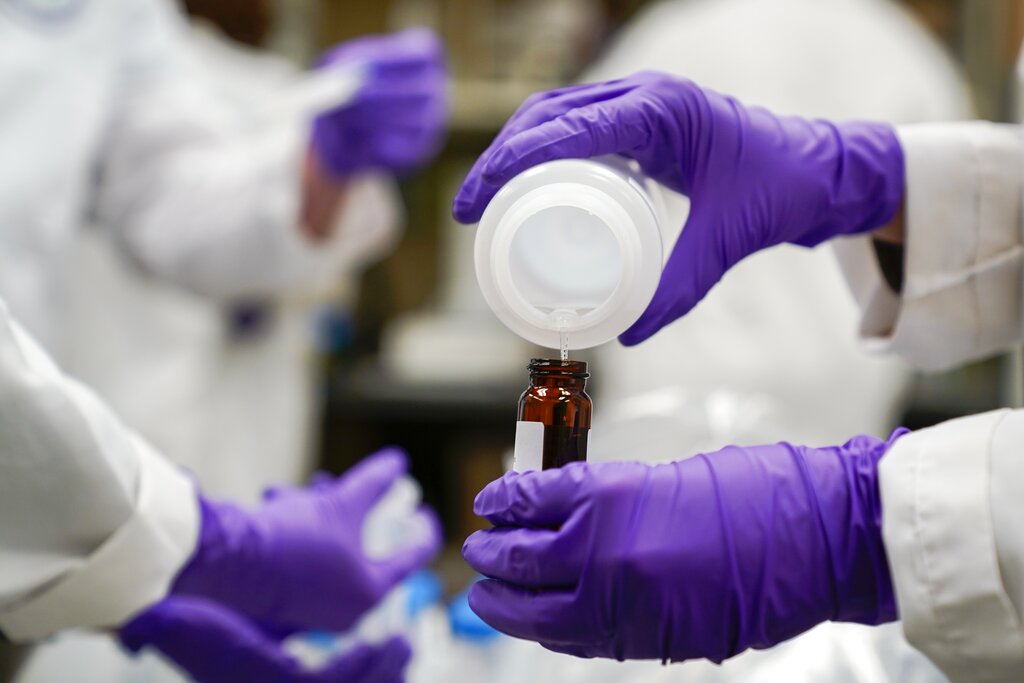Wisconsin environmental and health regulators are issuing a fish consumption advisory for Lake Wausau and the Stevens Point Flowage in central Wisconsin due to high PFOS levels.
The Wisconsin Departments of Natural Resources and Health Services say anglers should limit meals of four fish species. People are advised to limit meals of black crappie, bluegill, rock bass and yellow perch to once a week. The recommendations are the same for both bodies of water. The agencies are continuing to recommend no more than one meal per month of common carp or redhorse due to the presence of polychlorinated biphenyls or PCBs, which are cancer-causing chemicals that were once used in industrial products.

News with a little more humanity
WPR’s “Wisconsin Today” newsletter keeps you connected to the state you love without feeling overwhelmed. No paywall. No agenda. No corporate filter.
The advisories are based on guidelines established by the Great Lakes Consortium. The group is a collaboration of fish advisory program managers from eight Great Lakes states, including Wisconsin. The group suggests only one fish meal per week when PFOS levels range between 20 parts per billion and 50 parts per billion.
Data provided by the DNR showed the highest PFOS levels observed in Lake Wausau were 48.2 parts per billion in rock bass, while sampling detected concentrations as high as 59.8 parts per billion in rock bass within the Stevens Point Flowage.
The advisory for Lake Wausau in Marathon County includes the Wisconsin River and extends from the Wausau Dam downstream to the Schofield and Rothschild Dams, including the Big Rib River. The advisory for the Stevens Point Flowage in Portage County runs from Du Bay Dam and continues downstream to the Stevens Point Dam.
In addition, regulators also updated a fish consumption advisory issued in 2021 for Madison’s Yahara Chain of Lakes. The advisory includes its original recommendations, but it now also advises people to limit meals of white bass to once a month due to high PFOS levels. The consortium recommends no more than one meal per month when PFOS levels range between 50 parts per billion and 200 parts per billion.
PFAS, or perfluoroalkyl and polyfluoroalkyl substances, are a class of thousands of synthetic chemicals that have been used in everyday products like nonstick cookware, fast food wrappers and stain-resistant clothing. High levels of PFOS in fish may increase health risks for higher cholesterol, decreased fertility in women and other health effects. Research has linked the chemicals to kidney and testicular cancers, as well as reduced response to vaccines.
Multiple fish consumption advisories have been issued for the chemicals in recent years, including smelt in Lake Superior. Research released on Tuesday found extremely high levels of PFOS in freshwater fish sampled within the Great Lakes, rivers and streams.
Wisconsin Public Radio, © Copyright 2025, Board of Regents of the University of Wisconsin System and Wisconsin Educational Communications Board.







